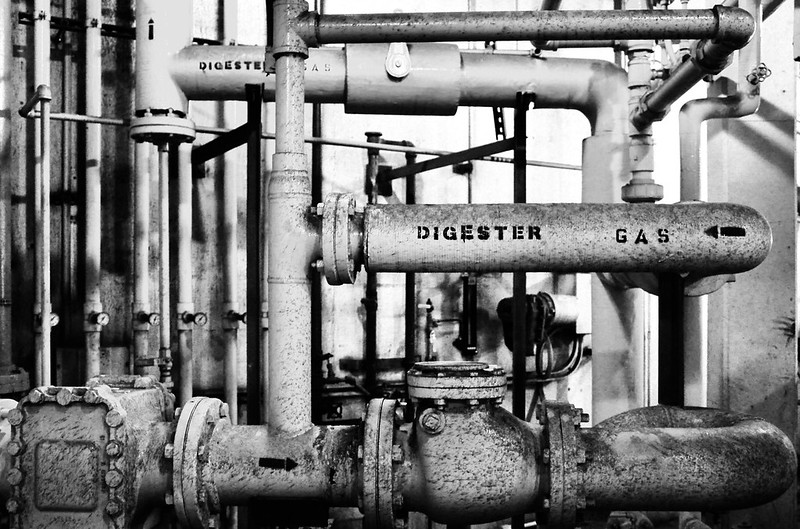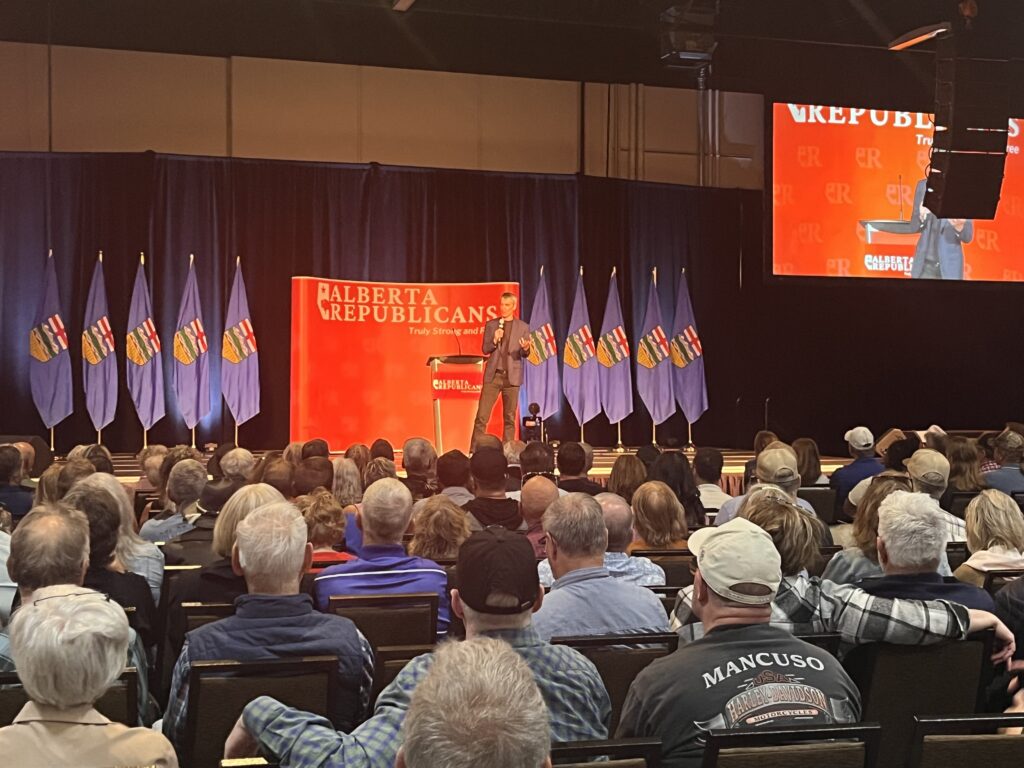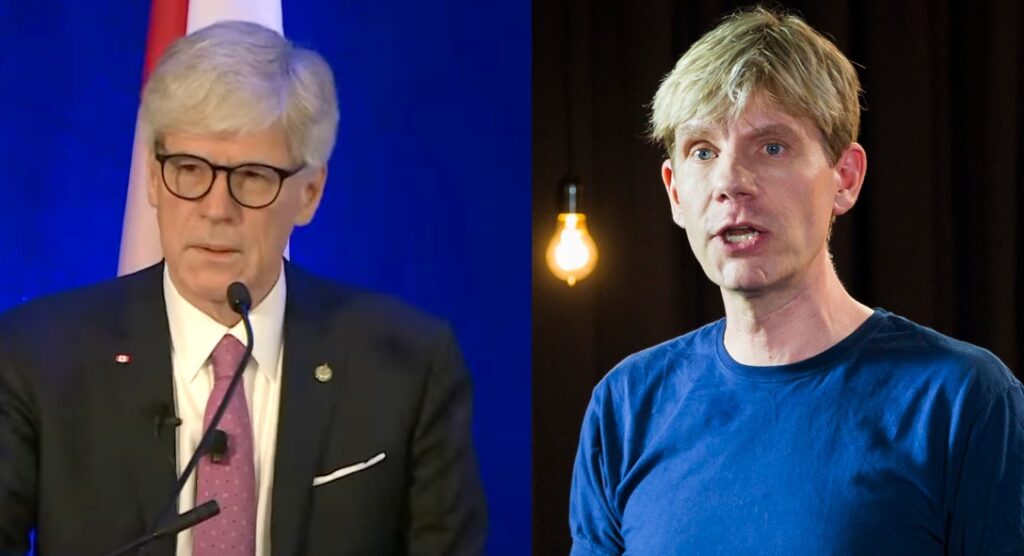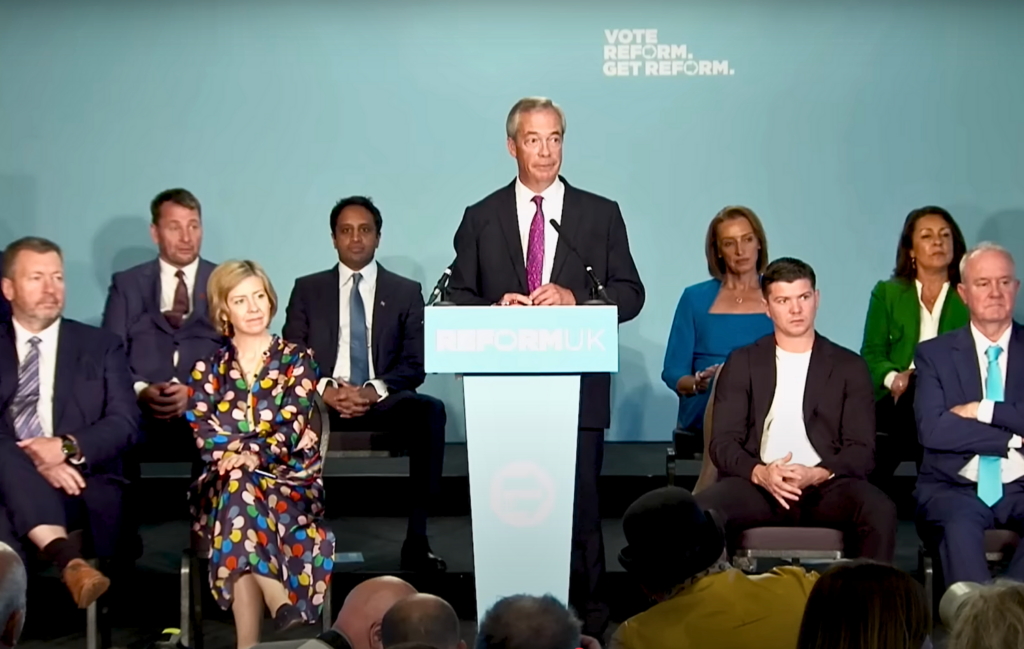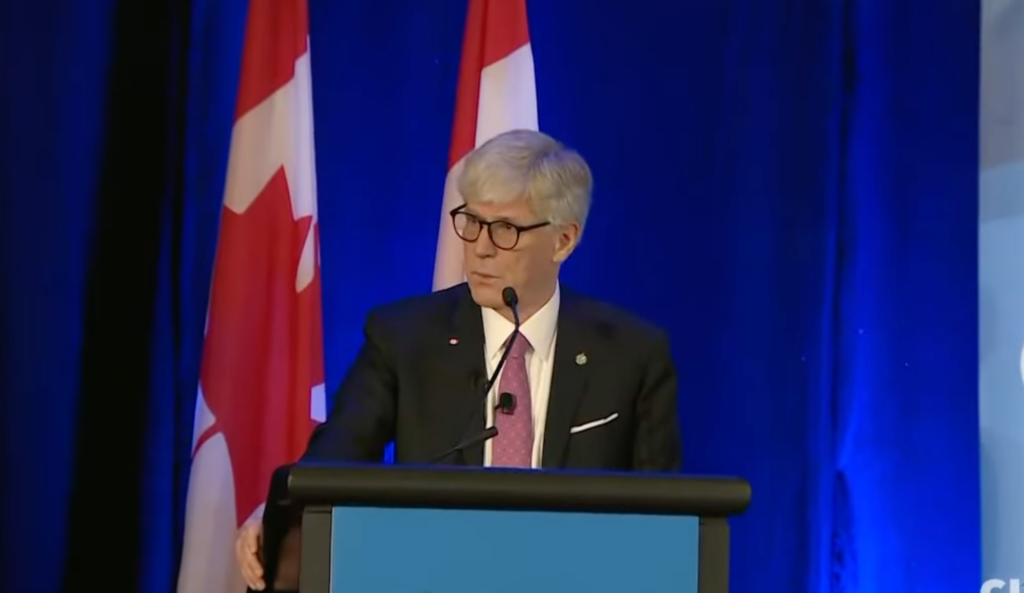If you ask Chicago’s gas pipeline utility, Peoples Gas Light and Coke Company, or PGL, the best way to fix the problem of leaks from underground gas pipelines, their answer is the most ambitious option — running new, upgraded plastic pipelines throughout the city, leaving their old network of leak-prone iron pipes behind.
Consumer watchdogs, however, are calling foul. A newly published report by the Illinois Citizens Utility Board (CUB), a nonprofit utility watchdog established by the state legislature, finds PGL’s cost projections underestimate how expensive and time-consuming those upgrades would be, while massively overestimating how costly other options might be.
Subscribe to our newsletter
Stay up to date with DeSmog news and alerts
Going forward with the full pipeline upgrade plan backed by PGL would cause “historically unprecedented rate hikes, even assuming a stable customer base,” the CUB report warns. Chicagoans could see their average annual charges spike from $1,206 today to $2,424 or more by 2040, it finds, and customers could keep paying off those upgrades until the year 2100.
Plus, those new plastic pipes would represent a massive investment in an energy future that may never materialize, the report adds.
Chicago’s network of underground natural gas pipelines dates back nearly 200 years — an era before the electric lightbulb when gas-burning streetlamps were lit manually across the city.
The city’s pipeline system, which today serves nearly 900,000 customers, is one of the oldest in the country — and it leaks.
Those leaks not only put people’s immediate health and safety at risk (even when they don’t ignite), they also release methane, one of the most powerful climate-altering gases, into the atmosphere, accelerating climate change.
The report, “People’s Gas: Escalating Business Risk in a Changing Energy Landscape” suggests that the Chicago utility is underestimating the impacts of the ongoing energy transition. It misses the ways that buildings today increasingly draw their heat from geothermal or electrical power — just as gas-light streetlamps from the pre-Civil War era gave way to electric ones.
Instead of helping the city achieve its climate goals by cutting leaks, upgrading PGL’s pipeline grid could have the opposite effect, the report warns. “PGL’s strategy of expanding and modernizing fossil fuel infrastructure increasingly conflicts with the aggressive climate goals of the city of Chicago and Illinois,” it concludes.
David Schwartz, a spokesperson for PGL, said any suggestion that the company’s cost estimates are off was false.
“This so-called ‘study’ completely ignores testimony that independent engineers and safety experts gave in front of state regulators — that there is an ‘urgent need’ to continue replacing corroding pipes across Chicago that date back as far as the 1800s,” he told DeSmog, citing the company’s projections that its plan would cost $5 billion less than “what CUB and its allies proposed.”
“At the same time CUB is claiming to care about affordability, they fully support measures that would force Chicagoans to go ‘all electric’ — a move that would DOUBLE or TRIPLE heating bills,” he wrote in an email to DeSmog.
A report prepared for the Natural Resources Defense Council (NRDC) reveals that electrification can help PGL-serviced households save money, mainly because the utility has increased prices, and regional wholesale gas prices have significantly risen over the past few years.
A Tough Problem
“This gas transition problem is, I think, one of the hardest problems of the United States energy transition,” Dorie Seavey, author of the new report, told DeSmog. “It’s really difficult.”
“There are great concerns about the climate and health and environmental impacts of leaked and combusted methane – and there’s a lot of concern about how much these investments are costing,” she said. “And then there’s the incongruity between state and local and national climate and energy goals on the one hand and continuing to sink billions and billions of dollars into the natural gas system.”
The usual incentives to keep costs down don’t tend to apply to natural gas utilities. Monopoly utilities are often guaranteed a set rate of return when they invest in building new power plants or upgrading their systems — with the paradoxical end result that the more your local gas utility company spends, the more profits it can collect.
That setup is a recipe for creating stranded assets during an energy transition, the watchdog report warns, labeling managing those risks “a critical task for regulators nationwide.”
Ultimately, what utility watchdogs fear is something of a bait-and-switch: Instead of simply finding and fixing pipeline leaks or retiring leaky pipelines as customers transition over to other fuels, utility companies are pushing to upgrade entire gas distribution networks, replacing old pipes with ones made from higher-tech materials.
PGL has argued that pipeline upgrades enable the energy transition because they’ll eventually allow the company to switch over to renewable natural gas (RNG) or hydrogen.
But “the company has yet to supply any credible evidence demonstrating that these fuels are feasible and cost-effective,” CUB wrote in response.
In contrast, heat pumps and geothermal energy are often cheaper and simpler options — and that could pull customers away from pipelines altogether.
A half-dozen states — not including Illinois — already routinely require gas utilities to consider other non-pipeline options “as a substitute for pipeline replacement,” the report notes.
Already, Illinois regulators have hit the brakes on PGL’s proposed system upgrades, demanding a closer examination. An administrative judge’s recommendation is expected on November 25. The Illinois Commerce Commission is due to complete its probe of PGL’s System Modernization Program in January.
The results of that probe could be a bellwether for utilities across the U.S., especially with state and local elections underway. While utility regulators in Illinois are appointees, utility commissioners are elected in 10 other states nationwide — and eight have “active races” for commissioners this November, according to the Energy News Network, potentially raising the scrutiny faced by natural gas utilities nationwide.
Already this summer, Moody’s dropped the credit outlook for PGL’s parent company, WEC Energy, from “stable” to “negative,” the report noted, adding that Moody’s cited “a deterioration in the Illinois regulatory environment, uncertainty about future capital expenditures,” and “the probability of an adverse outcome of the pending [System Modernization Program] investigation.”
“The situation that Peoples Gas faces is emblematic of pressures across the nation that mature, incumbent gas-only utilities may encounter,” the CUB report warns, “as they grapple with rising infrastructure costs, regulatory changes, and competitive threats from disruptive technologies.”
Subscribe to our newsletter
Stay up to date with DeSmog news and alerts


